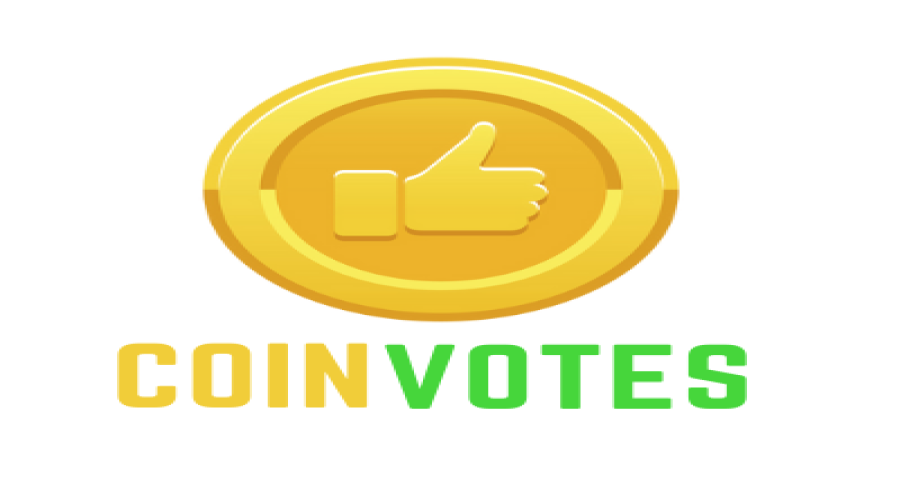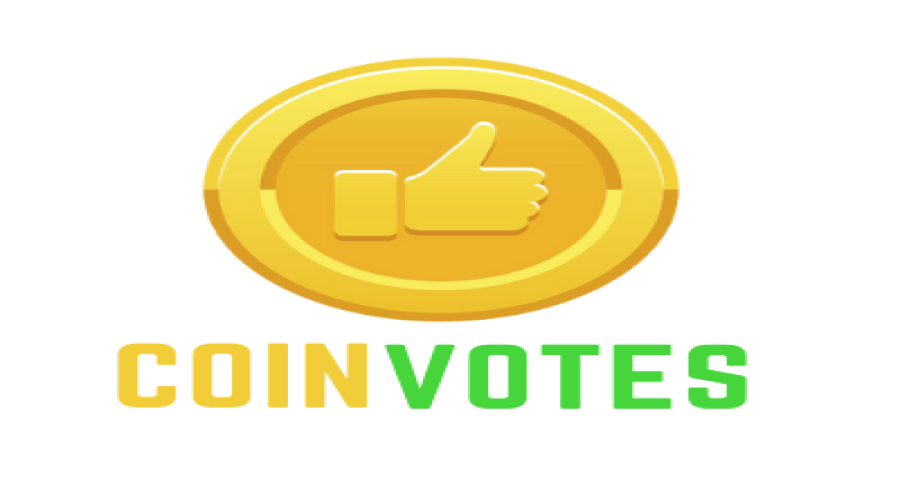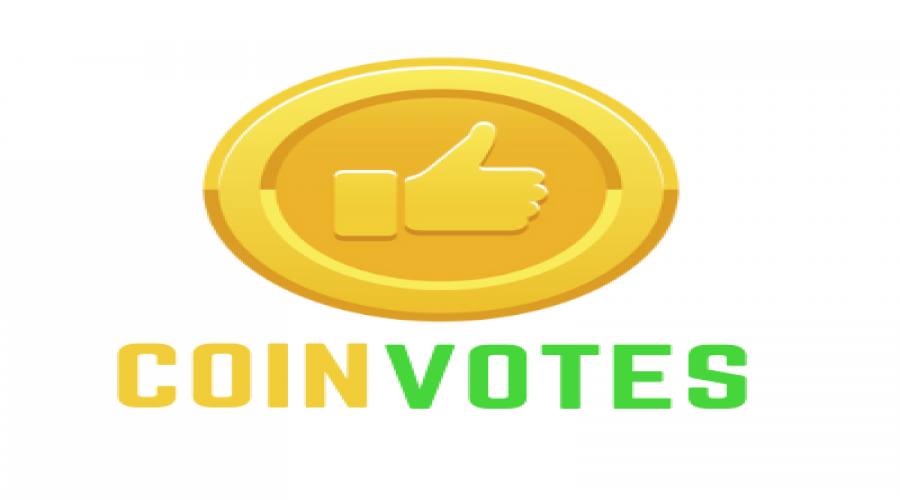ERC-20 Tokens 101: All About the Standard for Ethereum-based Tokens

ERC-20 tokens are a set of rules and standards that govern the creation and operation of tokens on the Ethereum blockchain. These tokens have become the de facto standard for creating and managing smart contracts and decentralized applications (dApps). By adhering to the ERC-20 standard, tokens can seamlessly interact with other tokens, smart contracts, and dApps within the Ethereum ecosystem, promoting interoperability and enhancing usability.
Whether you're an investor, a developer, or simply curious about the world of cryptocurrencies, understanding ERC-20 tokens is crucial. Join us as we explore the key features of ERC-20 tokens, their benefits and use cases, and the steps involved in creating your own ERC-20 token.
Get ready to embark on a journey through the fascinating world of ERC-20 tokens and unlock the potential of Ethereum-based tokens.
What are ERC-20 tokens?
In the world of cryptocurrency, Ethereum has emerged as a leading blockchain platform. And at the heart of this platform are ERC-20 tokens. But what exactly are ERC-20 tokens, and why are they so important? In this comprehensive guide, we will delve into the world of ERC-20 tokens and provide you with all the essential information you need to know.
ERC-20 tokens are a set of rules and standards that govern the creation and operation of tokens on the Ethereum blockchain. These tokens have become the de facto standard for creating and managing smart contracts and decentralized applications (dApps). By adhering to the ERC-20 standard, tokens can seamlessly interact with other tokens, smart contracts, and dApps within the Ethereum ecosystem, promoting interoperability and enhancing usability.
Whether you're an investor, a developer, or simply curious about the world of cryptocurrencies, understanding ERC-20 tokens is crucial. Join us as we explore the key features of ERC-20 tokens, their benefits and use cases, and the steps involved in creating your own ERC-20 token. Get ready to embark on a journey through the fascinating world of ERC-20 tokens and unlock the potential of Ethereum-based tokens.
The history and development of ERC-20 tokens
ERC-20 tokens are tokens built on the Ethereum blockchain that follow a specific set of rules and standards. These tokens have gained immense popularity due to their compatibility and ease of use within the Ethereum ecosystem. The ERC-20 standard was introduced by Ethereum developer Fabian Vogelsteller in 2015, and it has since become the most widely adopted token standard for creating and operating tokens on the Ethereum blockchain.
The ERC-20 standard defines a set of functions and events that a token contract must implement to be considered ERC-20 compliant. These functions include methods for transferring tokens, checking token balances, and approving token transactions. By adhering to these standards, tokens can interact seamlessly with other ERC-20 tokens, smart contracts, and decentralized applications within the Ethereum ecosystem.
One of the key advantages of ERC-20 tokens is their interoperability. Since all ERC-20 tokens follow the same set of standards, they can be easily exchanged and used together within the Ethereum ecosystem. This interoperability promotes liquidity and facilitates the development of complex decentralized applications that rely on the seamless interaction of multiple tokens.
Advantages of ERC-20 tokens
The development of ERC-20 tokens can be traced back to the early days of Ethereum. In 2015, Fabian Vogelsteller proposed the ERC-20 standard as a way to create a common set of rules for tokens on the Ethereum blockchain. The goal was to enable developers to easily create and manage tokens on the Ethereum platform, promoting the growth of the ecosystem.
The ERC-20 standard quickly gained traction within the Ethereum community, and it has since become the de facto standard for token creation on the Ethereum blockchain. Numerous tokens, including some of the most well-known cryptocurrencies such as Ethereum itself and Tether (USDT), are ERC-20 tokens.
The widespread adoption of ERC-20 tokens has led to the development of a vibrant ecosystem of decentralized applications and services built around these tokens. From decentralized exchanges to lending platforms, the Ethereum ecosystem has flourished with the help of ERC-20 tokens. The standard has also served as a foundation for the development of more advanced token standards, such as ERC-721 (Non-Fungible Tokens) and ERC-1155 (Multi-Token Standard).
How ERC-20 tokens work on the Ethereum blockchain
ERC-20 tokens offer several advantages over other token standards and traditional financial systems. These advantages have contributed to the widespread adoption of ERC-20 tokens within the Ethereum ecosystem. Let's explore some of the key advantages of ERC-20 tokens.
First and foremost, ERC-20 tokens are highly compatible within the Ethereum ecosystem. Since all ERC-20 tokens follow the same set of rules and standards, they can seamlessly interact with each other, smart contracts, and decentralized applications. This interoperability promotes liquidity and facilitates the development of complex decentralized applications that rely on the seamless interaction of multiple tokens.
Secondly, ERC-20 tokens are highly customizable. Token developers have the flexibility to define the total supply of tokens, the number of decimal places, and other parameters that govern the token's behavior. This customization allows token developers to create tokens for specific use cases and tailor them to the needs of their projects.
Another advantage of ERC-20 tokens is their security. The Ethereum blockchain provides a secure and decentralized environment for token transactions, making it difficult for malicious actors to tamper with token balances or transactions. Additionally, the use of smart contracts ensures that token transactions are executed according to predefined rules, further enhancing security and trust.
Lastly, ERC-20 tokens are highly liquid. Due to their compatibility and popularity within the Ethereum ecosystem, ERC-20 tokens are listed on a wide range of cryptocurrency exchanges, making it easy for users to buy, sell, and trade these tokens. The liquidity of ERC-20 tokens makes them attractive to investors and promotes the growth of the token economy.
Popular use cases for ERC-20 tokens
ERC-20 tokens leverage the capabilities of the Ethereum blockchain to provide a secure and decentralized platform for token creation and management. Let's take a closer look at how ERC-20 tokens work on the Ethereum blockchain.
At the core of ERC-20 tokens is a smart contract, a self-executing contract with the terms of the agreement directly written into code. The smart contract acts as a set of rules and standards that govern the behavior of the token. It defines the total supply of tokens, the functions for transferring tokens, and other parameters that determine how the token operates.
When a user wants to interact with an ERC-20 token, they send a transaction to the Ethereum network, specifying the function they want to call and any required parameters. The transaction is processed by the Ethereum network's nodes, which execute the smart contract code and update the token balances accordingly.
The Ethereum blockchain maintains a record of all token transactions, ensuring transparency and immutability. Users can verify the history of token transactions and track the movement of tokens on the blockchain. This transparency and auditability are crucial for maintaining trust and security within the Ethereum ecosystem.
How to create your own ERC-20 token
ERC-20 tokens have found a wide range of use cases within the Ethereum ecosystem. From utility tokens that provide access to a platform's services to stablecoins that aim to maintain a stable value, ERC-20 tokens power a diverse array of decentralized applications and services. Let's explore some of the popular use cases for ERC-20 tokens.
One of the most common use cases for ERC-20 tokens is fundraising through Initial Coin Offerings (ICOs) or token sales. Startups and projects can create ERC-20 tokens and offer them to investors in exchange for funding. These tokens can represent ownership in the project, access to future services, or other forms of value. ICOs powered by ERC-20 tokens have raised billions of dollars in funding for innovative projects.
Another popular use case for ERC-20 tokens is the creation of decentralized exchanges (DEXs). DEXs allow users to trade ERC-20 tokens directly from their wallets, without the need for a centralized intermediary. By leveraging smart contracts, DEXs provide a secure and transparent platform for token trading, promoting decentralization and eliminating the risks associated with centralized exchanges.
Stablecoins are another prominent use case for ERC-20 tokens. Stablecoins are cryptocurrencies designed to maintain a stable value, often pegged to a fiat currency or a basket of assets. ERC-20 tokens such as Tether (USDT) and USD Coin (USDC) have gained widespread adoption as stablecoins, providing stability and liquidity within the volatile cryptocurrency market.
Best practices for using ERC-20 tokens
Creating your own ERC-20 token is a relatively straightforward process, thanks to the well-defined standards and tools available within the Ethereum ecosystem. Let's walk through the steps involved in creating your own ERC-20 token.
1. Define the token's parameters: Decide on the total supply of tokens, the number of decimal places, and any other parameters that govern the token's behavior.
2. Write the smart contract: Use a programming language like Solidity to write the smart contract code that will govern the token's behavior. The ERC-20 standard provides a template for the functions and events that the smart contract must implement.
3. Compile and deploy the smart contract: Compile the smart contract code using a Solidity compiler and deploy it to the Ethereum network. This will create a new instance of the token contract on the blockchain.
4. Test and verify the token contract: Before making the token contract available to the public, thoroughly test its functionality and security. Use tools like Truffle and Ganache to simulate token transactions and ensure that the contract behaves as expected.
5. Publish the token contract: Once you're confident in the functionality and security of the token contract, publish it on the Ethereum network. This will make the token contract available to users who want to interact with the token.
6. Market and promote your token: To attract users and investors, market and promote your ERC-20 token through various channels such as social media, cryptocurrency forums, and partnerships with other projects.
Creating your own ERC-20 token can be an exciting and rewarding endeavor. However, it's important to ensure that your token serves a unique purpose and provides value to its users. With proper planning and execution, your ERC-20 token can contribute to the growth of the Ethereum ecosystem.
Security considerations for ERC-20 tokens
While ERC-20 tokens offer numerous benefits, it's important to follow best practices to ensure the security and usability of these tokens. Here are some best practices for using ERC-20 tokens:
1. Choose reputable token contracts: When interacting with ERC-20 tokens, make sure to use token contracts that have been audited and reviewed by reputable security firms. This helps to mitigate the risks associated with potential vulnerabilities or exploits.
2. Use secure wallets: Store your ERC-20 tokens in secure wallets that provide robust security features, such as hardware wallets or wallets with multi-factor authentication. Avoid storing large amounts of tokens on centralized exchanges, as they are more vulnerable to hacking.
3. Verify token contracts and transactions: Before interacting with a token contract or participating in a token sale, verify the authenticity and integrity of the contract and transactions. Use blockchain explorers and other tools to verify the history and validity of token transactions.
4. Stay informed about token projects: Keep up-to-date with the latest developments and news surrounding ERC-20 tokens and the projects behind them. This helps you make informed decisions and avoid potential scams or fraudulent projects.
By following these best practices, you can ensure the security and usability of your ERC-20 tokens and make the most out of your interactions within the Ethereum ecosystem.
ERC-20 token wallets and exchanges
Security is paramount when it comes to ERC-20 tokens, as they represent valuable assets within the Ethereum ecosystem. Here are some security considerations to keep in mind when dealing with ERC-20 tokens:
1. Smart contract audits: Before interacting with a token contract, ensure that it has undergone a thorough security audit by reputable firms. Audits help identify potential vulnerabilities and ensure that the contract follows best practices for security.
2. Token contract upgradability: Consider the upgradability of the token contract. While upgradability can provide flexibility, it also introduces potential risks if not implemented carefully. Ensure that the upgrade process is secure and transparent to prevent unauthorized changes to the token contract.
3. Secure token transfers: When transferring ERC-20 tokens, double-check the recipient's address to avoid sending tokens to the wrong address. Always verify the transaction details before confirming the transfer to prevent loss or theft of tokens.
4. Phishing and scam awareness: Be vigilant of phishing attempts and scams targeting ERC-20 token holders. Always verify the authenticity of websites and communication channels before inputting sensitive information or participating in token sales.
By following these security considerations, you can protect your ERC-20 tokens and minimize the risks associated with potential vulnerabilities or malicious activities.
Conclusion
To store and trade ERC-20 tokens, you'll need a compatible wallet and access to cryptocurrency exchanges. Here are some popular ERC-20 token wallets and exchanges:
1. MetaMask: MetaMask is a popular Ethereum wallet that supports ERC-20 tokens. It is available as a browser extension and a mobile app, providing a user-friendly interface for managing Ethereum-based assets.
2. MyEtherWallet (MEW): MyEtherWallet is a web-based wallet that allows users to manage ERC-20 tokens securely. It provides a simple and intuitive interface for interacting with the Ethereum blockchain and accessing ERC-20 tokens.
3. Ledger Nano S: Ledger Nano S is a hardware wallet that provides enhanced security for storing ERC-20 tokens. It stores private keys offline, protecting them from potential hacking attempts.
4. Binance: Binance is one of the largest cryptocurrency exchanges that supports a wide range of ERC-20 tokens. It provides a secure platform for trading ERC-20 tokens and offers various features such as spot trading, futures trading, and staking.
5. Uniswap: Uniswap is a decentralized exchange that allows users to trade ERC-20 tokens directly from their wallets. It leverages automated market-making algorithms to provide liquidity and enable seamless token trading.
Before using any wallet or exchange, conduct thorough research to ensure its reputation, security measures, and supported ERC-20 tokens. It's also essential to follow best practices for securing your wallets and practicing caution when trading tokens on exchanges.
Do you already have a crypto coin you'd like to promote? See our advertising packages here.
Share now
Leave Your Comments
Copyright © 2024 CoinVotes.app All rights reserved






